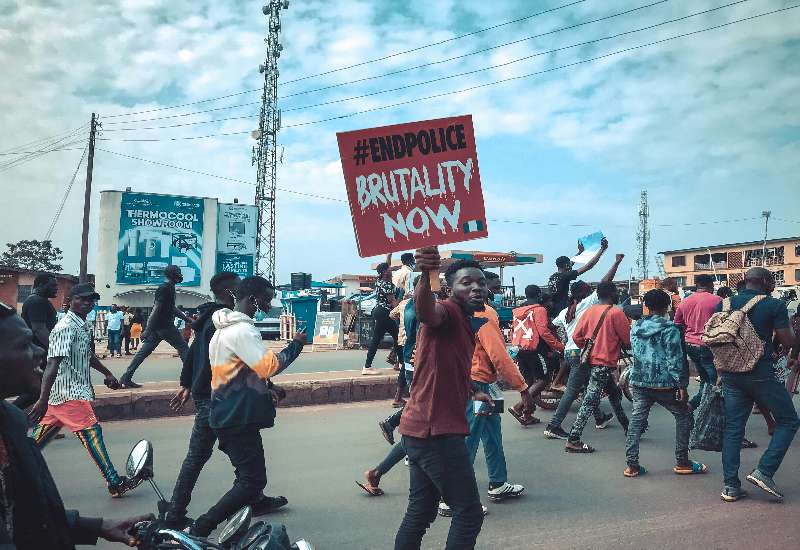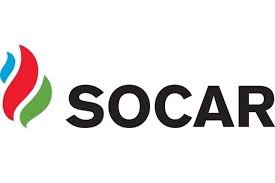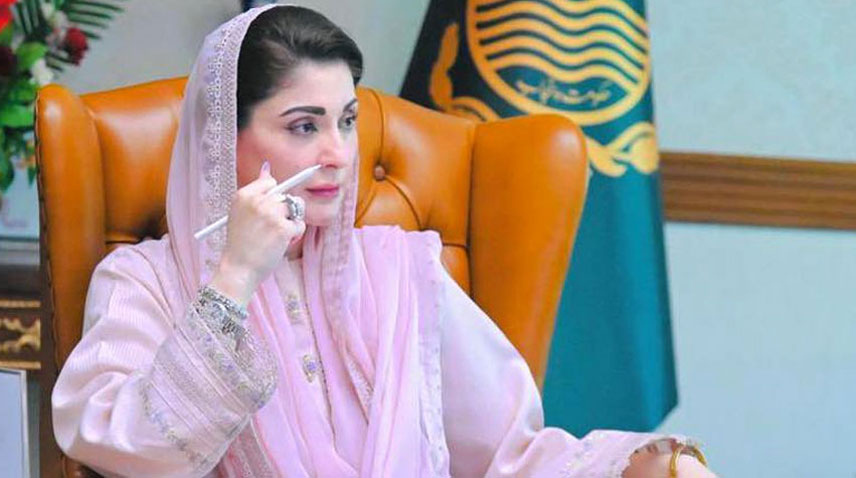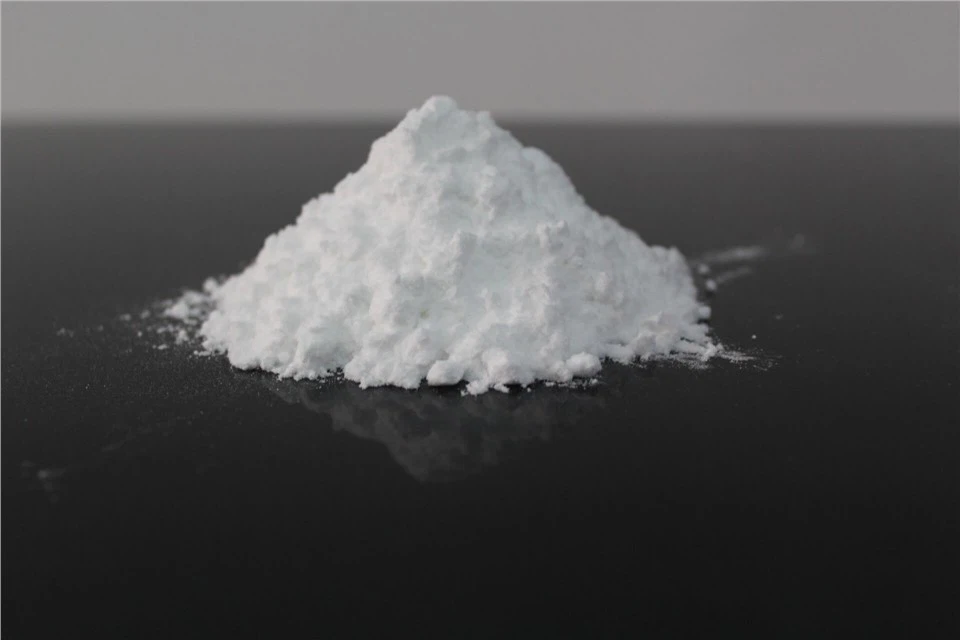Amnesty International reported that at least 13 people were killed during clashes with security forces on the first day of protests on Thursday. The police, however, denied using excessive force and stated that seven people had died by Saturday: four from an explosive device during a march in Borno state, two who were hit by a car, and one who was shot by a guard during a shop looting.
In a televised address, President Tinubu called for an end to the violence that has erupted in several states since the protests began, emphasizing his openness to dialogue.
“My dear Nigerians, especially our youth, I have heard you loud and clear. I understand the pain and frustration that drive these protests, and I want to assure you that our government is committed to listening and addressing the concerns of our citizens,” he said.
Nigerians have been organizing protests online to oppose economic hardship and poor governance, demanding reductions in petrol prices and electricity tariffs, among other issues.
Since taking office in May 2023, Tinubu has defended his economic reforms, which include partially ending petrol and electricity subsidies and devaluing the naira, as essential steps to reverse years of economic mismanagement.
He stated that government revenues had more than doubled to 9.1 trillion naira ($5.65 billion) in the first half of this year, with 68% of the revenue now going towards debt servicing, down from 97% before he took office in May last year.
The president also highlighted that the government is increasing spending on infrastructure projects, has initiated a loan scheme for university students, and is constructing thousands of housing units across Nigeria’s 36 states.
“But we must not let violence and destruction tear our nation apart,” Tinubu said.









